Kathmandu, Sept 10 (V7N) – Nepal Prime Minister K.P. Sharma Oli resigned on Tuesday following widespread anti-corruption protests that defied an indefinite curfew and resulted in clashes with police, a day after 19 people were killed in violent demonstrations triggered by a government-imposed social media ban.
The unrest, described as the worst in decades in Nepal, escalated after the government temporarily blocked access to several social media platforms, citing non-compliance with registration rules. Critics argued the ban was an attempt to curb free speech, while the government maintained it was aimed at preventing misinformation and fraud.
On Monday, police fired tear gas and rubber bullets at protesters attempting to storm parliament, leading to 19 deaths and over 100 injuries. Despite lifting the social media ban, demonstrations continued into Tuesday, forcing Oli, 73, to step down, plunging the Himalayan nation into fresh political uncertainty.
“In view of the adverse situation in the country, I have resigned effective today to facilitate the solution to the problem and to help resolve it politically in accordance with the constitution,” Oli wrote in his resignation letter to President Ramchandra Paudel. The President accepted the resignation and began consultations to appoint a new leader.
Protests, primarily led by young people, were driven by long-standing frustration over government corruption and lack of economic opportunities. Demonstrators blocked roads, set tires on fire, threw stones at police in riot gear, and, in some instances, attempted to burn the homes of politicians. Authorities reported that some ministers were evacuated by military helicopters.
The Civil Aviation Authority of Nepal temporarily closed Kathmandu’s main international airport due to smoke from fires set by protesters near flight paths.
International reactions have called for restraint. Neighboring India urged peaceful resolution through dialogue, while embassies from Australia, Finland, France, Japan, South Korea, the UK, Norway, Germany, and the U.S. in Nepal issued a joint statement requesting all parties to exercise maximum restraint, avoid escalation, and ensure fundamental rights are protected.
The protests, described by organizers as “Gen Z demonstrations,” highlight growing youth discontent with corruption and inequality in Nepal, nearly 15 years after the monarchy was abolished and the country transitioned to a democratic republic.
News Source: Reuters
END/WD/SMA/



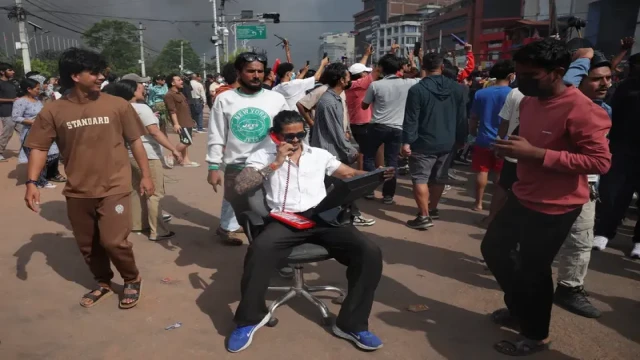
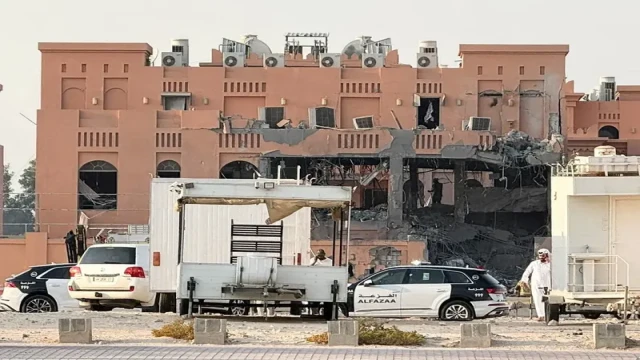
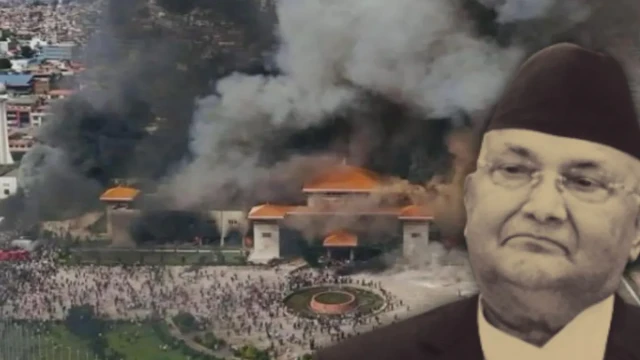
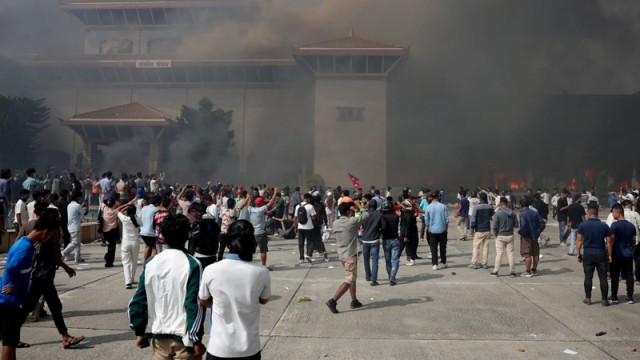
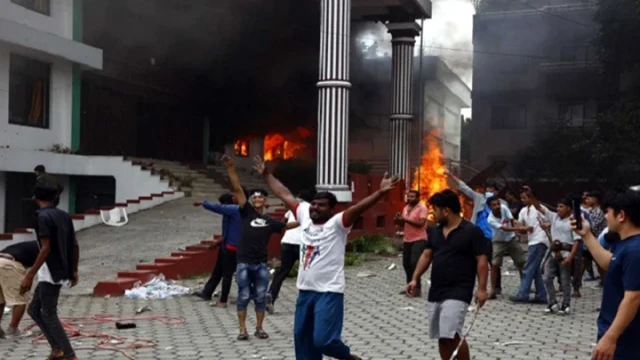
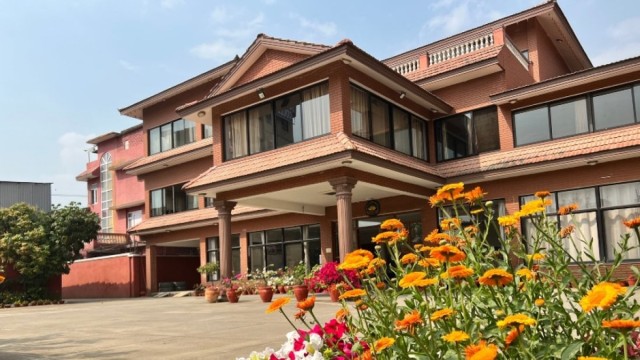
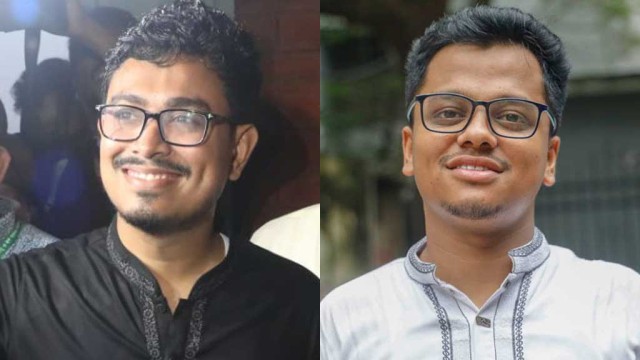
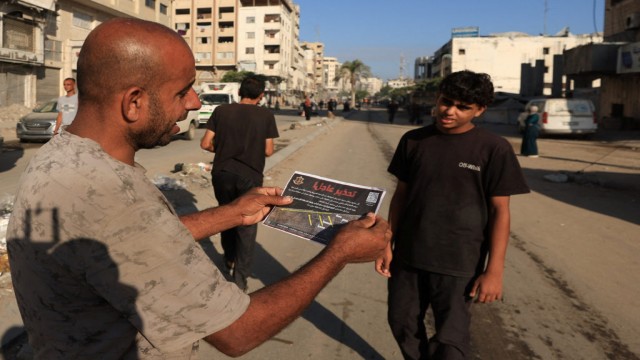
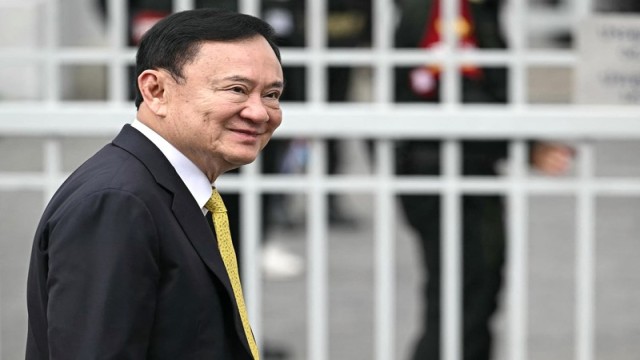

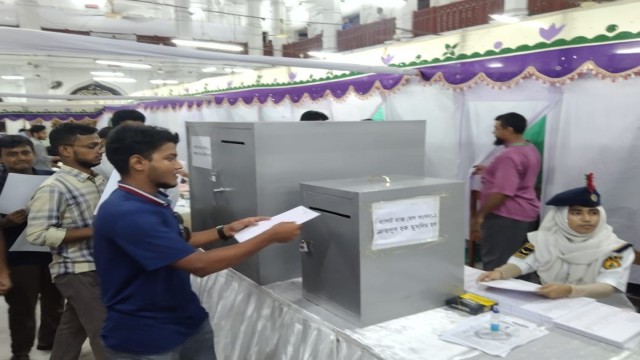



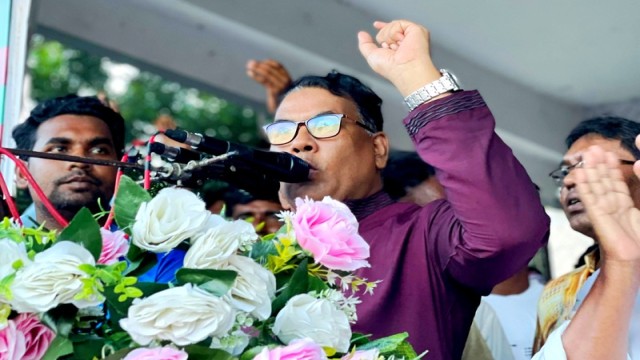
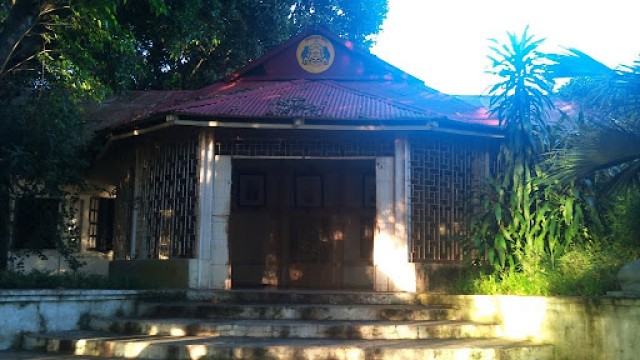
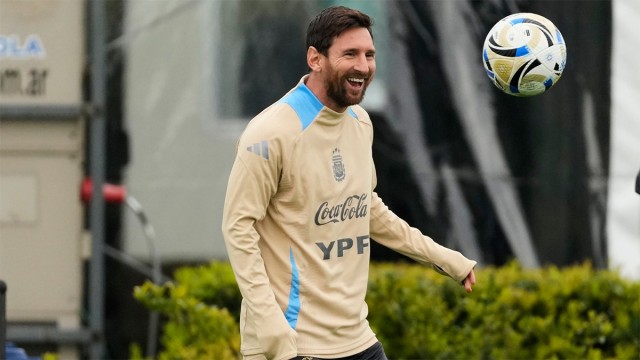
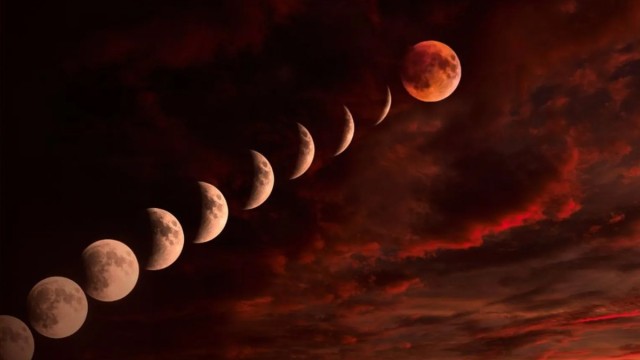
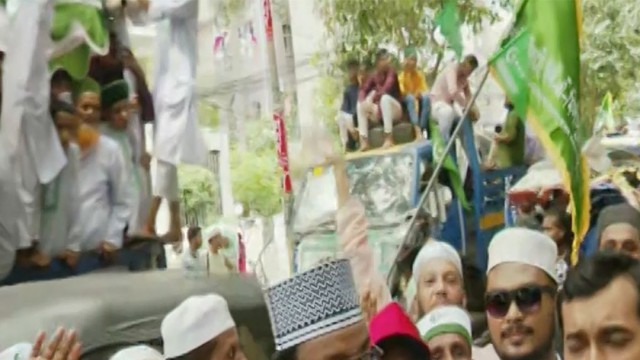
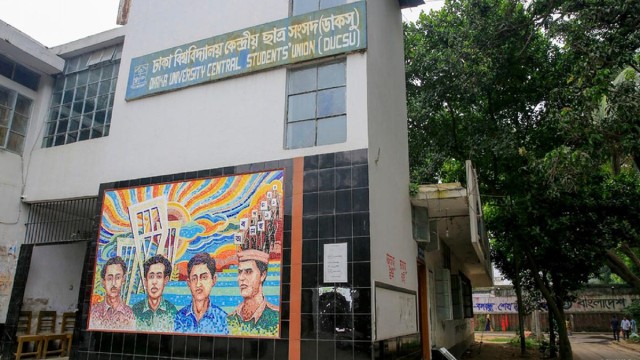
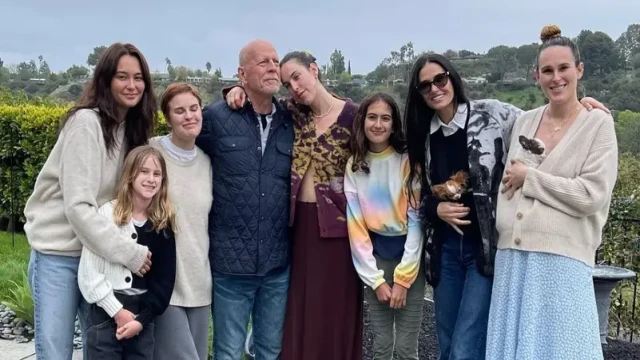
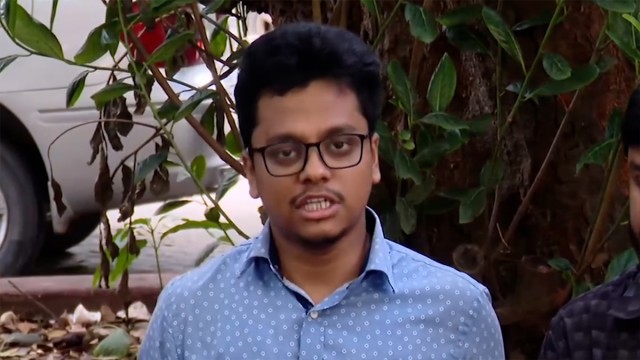
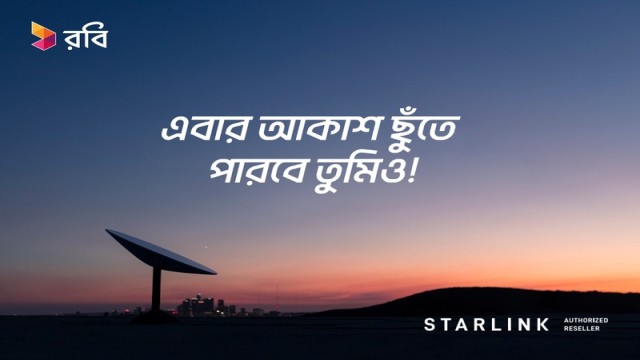
Comment: